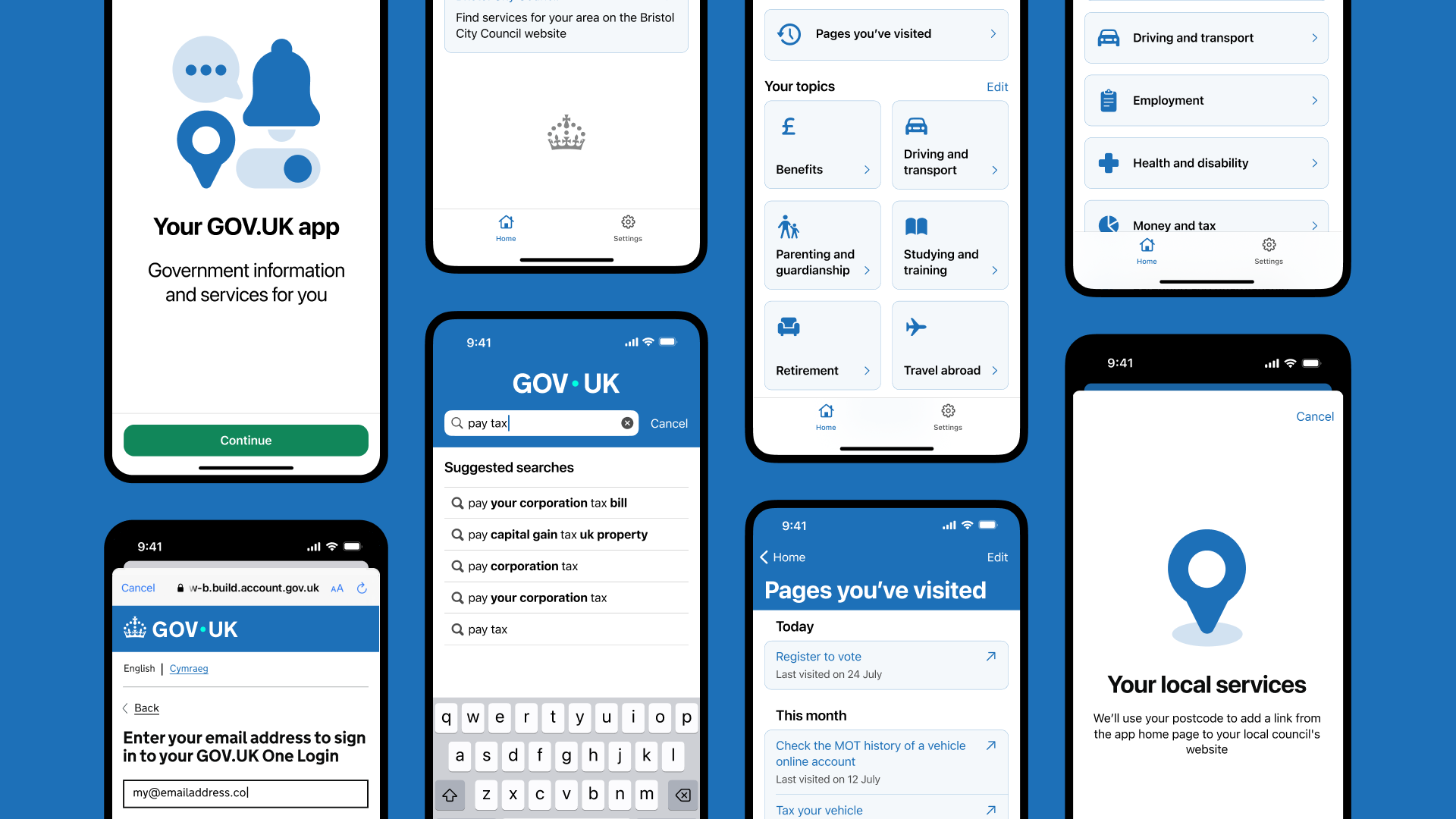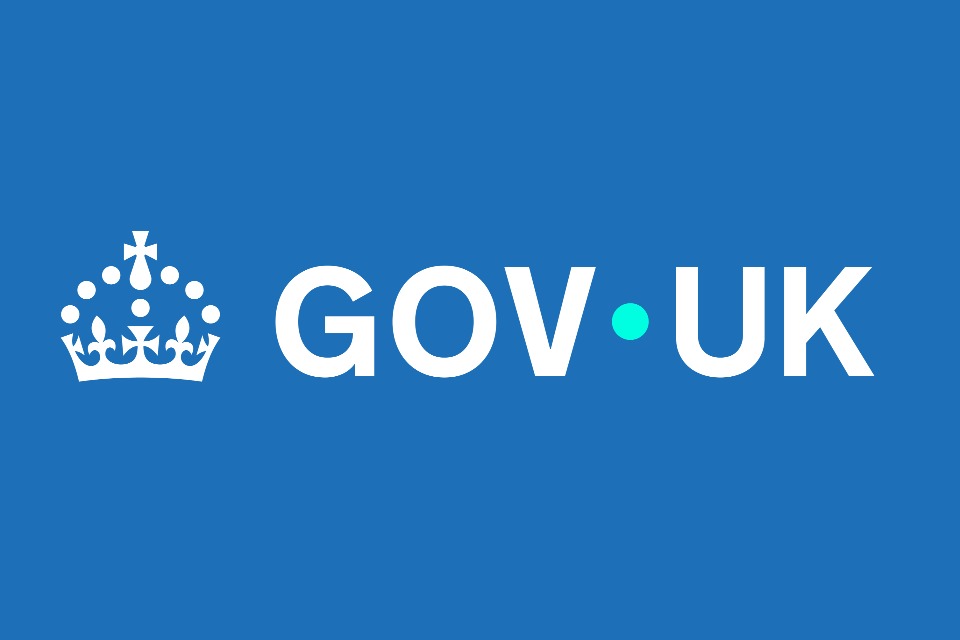The Joint Committee on Human Rights has drafted a bill designed to ensure users’ data is not misused
Credit: PA
A parliamentary committee has called for urgent new legislation to ensure data gathered by the NHS contact-tracing app is not misused.
The Joint Committee on Human Rights (JCHR) has drafted a bill that it says would set out how the data gathered by the app could be used – with anything outside of this defined usage clearly prohibited. The proposed legislation also provides for the appointment of a dedicated “privacy tsar” to deal with any complaints from citizens, as well as for the deletion of all data collected once the pandemic is over.
Writing exclusively for PublicTechnology sister publication The House, JCHR chair Harriet Harman (pictured above) said that, while health secretary Matt Hancock has provided the committee with written assurances about the privacy of the app, “the reality is that a ministerial letter never protected anyone from anything”.
Related content
- UK border officials to ask travellers to download contact-tracing app on arrival
- Coronavirus: can we keep track of our sensitive data?
- NHS tracking app must do ‘heavy lifting’ to avoid second virus peak, claims chief scientific adviser
“There’s no reason for the government to object to their assurances being put into law,” Harman added. “The current system of data regulation is complex and hopelessly out of date. The public need confidence that the Covid tracing app will protect their privacy. Our bill will give that confidence and we can do it in time for the national rollout.”
The Camberwell and Peckham MP – and former Labour deputy leader – said that, if the contact-tracing app is to work as desired, “there must be unprecedented information gathering on us”.
Through its investigations during the last parliament, the JCHR – which is comprised of a cross-party selection of six MPs and six peers – has “found that the system for protecting privacy in this digital age was completely failing”, according to Harman.
“Hitherto, there’s been a very checkered record of protection of our personal information,” she said. “Whether from the public or the private sector, there have been wholesale data breaches with personal information falling into the wrong hands.”
The contact-tracing app is currently being tested on the Isle of Wight where, according to the most recently available figures, about 43% of the island’s population has downloaded it. Experts have suggested that, once it rolls out nationally, the app will need to be downloaded by about 60% or more of the population to be as effective as possible in suppressing the virus. Although it could provide still useful data with uptake of anything beyond 20%.
The nationwide launch of the app was originally scheduled to take place around mid-May. But, in statements issued earlier this week, Downing Street offered the rather more vague timeline of sometime “in the coming weeks”.
Click here to read Harriet Harman’s piece in full.




Hello
I wanted to see if you would be open to rejuvenating online presence with our no more headache website design service.
Here is our offer
1. We rejuvenate your website
2. We maintain your website monthly with maintenance and provide you one hour every month of page updates to keep your website up to date for your business, all included.
Get This Entire Package for only $49.99 a month! For real..
And the best part is there is no setup fee!
We are doing this because we do not believe its fair for businesses to pay so much for a great website.
But this offer is only good for this week, for the first 6 clients, so you need to secure your spot before this offer disappears.
Click Here to Get Started
https://simplybuiltdigital.com/websiteblowout
Have the greatest day ever
Hello
I wanted to see if you would be open to rejuvenating your business website with our all-in-one website service.
Here is the package
1. We rejuvenate your business website
2. We service your business website monthly with maintenance and provide you one hour every month of page updates to keep your website up to date for your business, all included.
Get This Entire Package for only $49.99 a month! For real..
And the best part is there is no up-front fee!
We are doing this because we do not believe its fair for businesses to pay so much for a great website.
But this offer is only good for this week, for the first 6 clients, so you need to redeem this offer before this offer disappears.
Click Here to Get Started
https://simplybuiltdigital.com/smallbusinesswebsites
To Your Undisputed Success